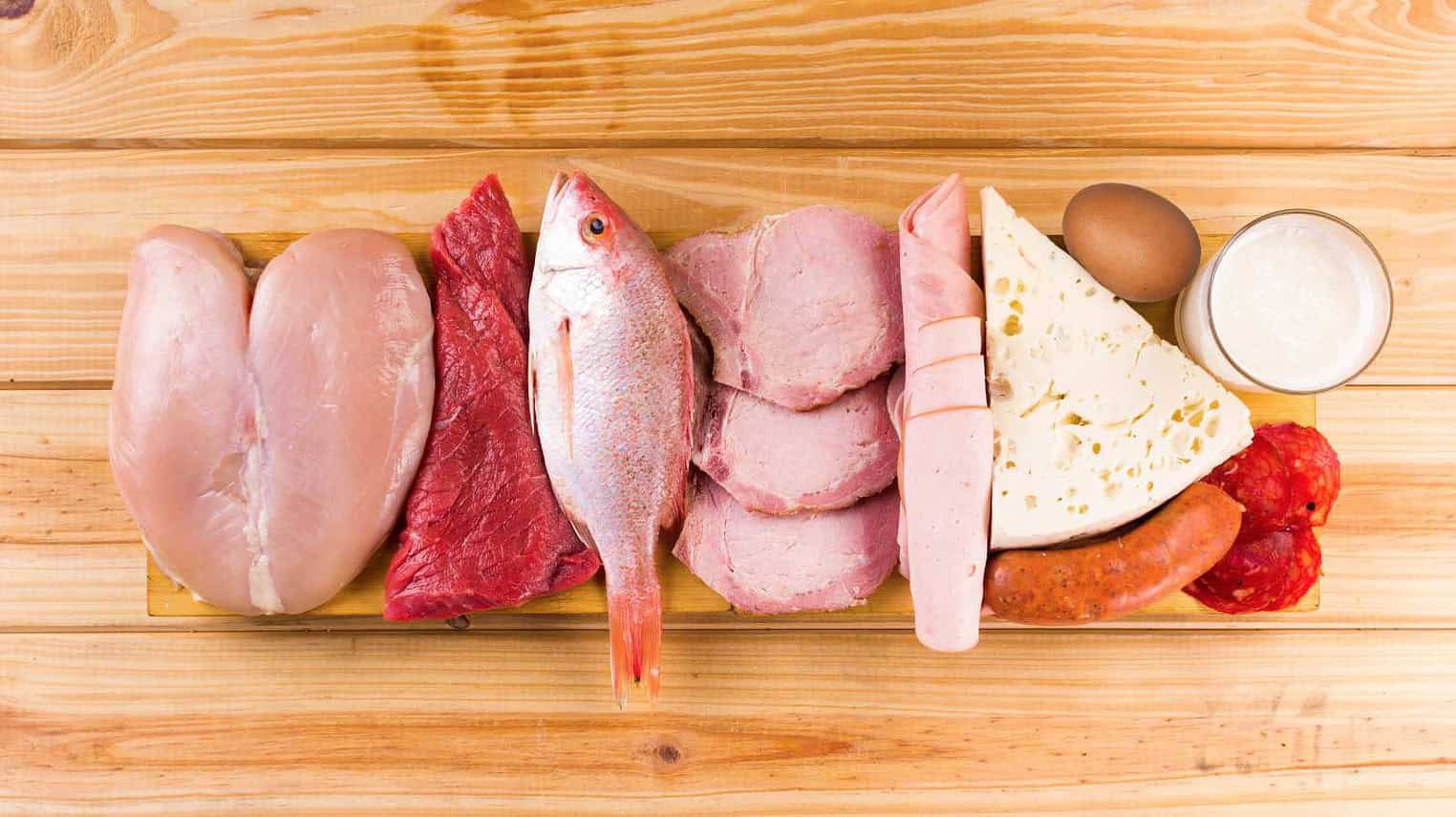Dietitians Dish on the 14 Worst Diets for Long-Term Health
It’s easy to get swept up in the whirlwind of fad diets when trying to lose weight. But most of those trendy promises actually do more harm than good. Extreme restriction in the name of rapid weight loss isn’t best for long-term health.
To sort fact from fiction, we asked Registered Dietitians to expose the hidden dangers of some of the most popular diets– which ones they absolutely do not recommend and what to do instead.
Dukan Diet
“The Dukan Diet offers rapid weight loss through its highly restrictive phases, but it comes with serious risks. Its high-protein, low-carbohydrate approach can lead to deficiencies in vitamins and fiber, resulting in fatigue, weakened immunity, and digestive issues. A study highlighted excessive protein intake, particularly from animal sources, and low consumption of carbohydrates, vitamin C, and folates. The diet’s rigid structure typically results in unsustainable yo-yo dieting, harming metabolism and promoting an unhealthy relationship with food. Excessive protein can also strain the kidneys, especially for those with pre-existing conditions.”
Raw Food Diet
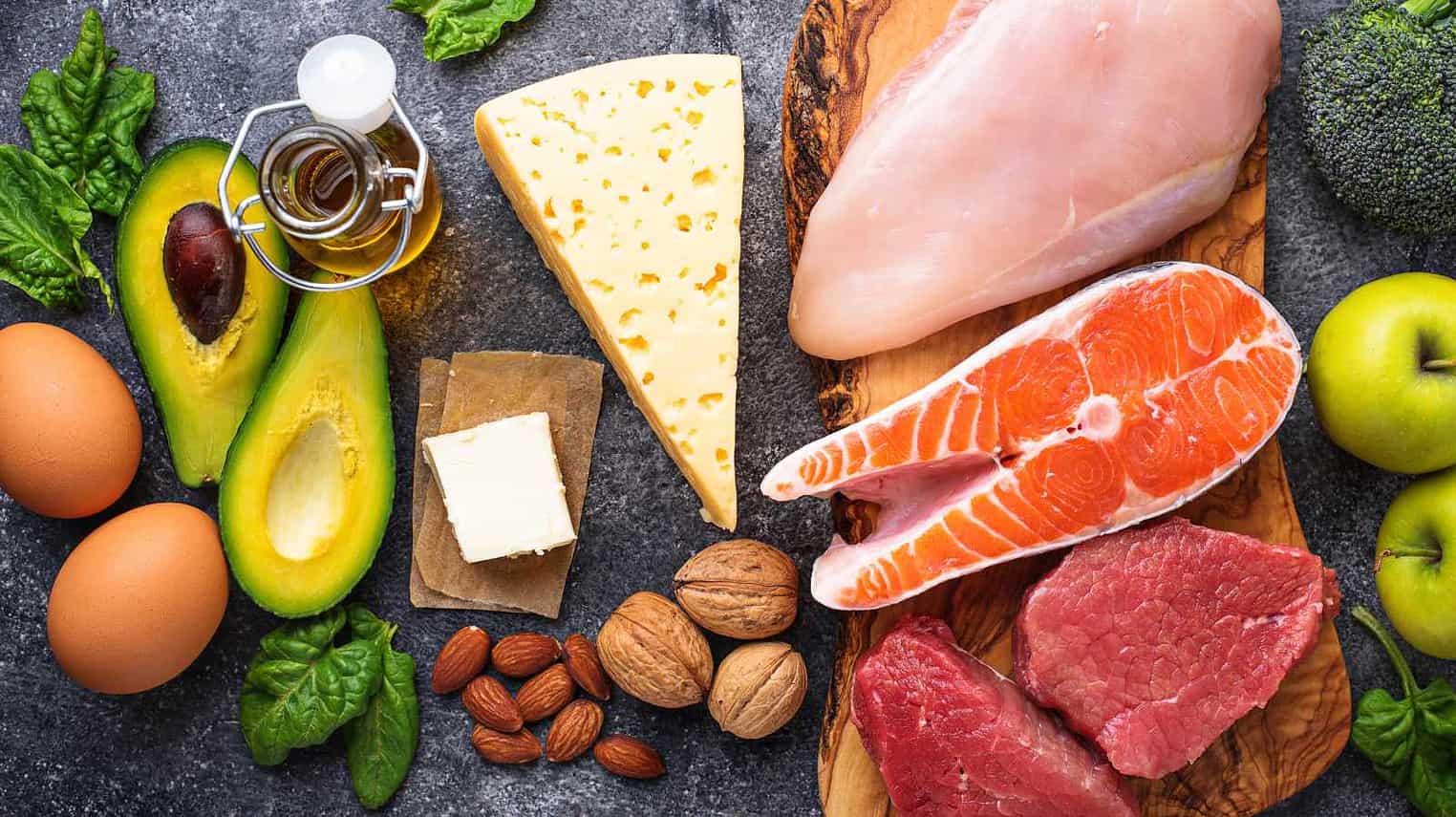
“While the raw food diet emphasizes consuming unprocessed foods and fresh fruits and vegetables rich in antioxidants, its restrictive nature often does more harm than good. The exclusion of cooked foods not only reduces the bioavailability of crucial nutrients such as iron, zinc, and fat-soluble vitamins like A, D, E, and K, but it also raises serious concerns about food safety, particularly with raw animal products. This diet can lead to deficiencies in essential nutrients like vitamin D, B12, and zinc and lower “good” HDL cholesterol levels, significantly impacting overall health. Furthermore, the social limitations and strict adherence required can isolate individuals, disrupting their social lives and potentially fostering an unhealthy relationship with food.”
Sirtfood Diet

“The Sirtfood Diet is structured around two phases, initially limiting calorie intake to 1,000 calories per day with three green juices and one meal and then increasing to 1,500 calories with two juices and two meals in the first week. This promises quick weight loss by activating sirtuins—proteins linked to longevity and weight loss.
However, despite the health benefits of its plant-based focus, the diet’s restrictive nature raises concerns. It’s low in calories, which can lead to energy deficits and lacks variety, potentially causing nutrient deficiencies. There’s also insufficient long-term research to back its effectiveness or safety. Incorporating these nutritious ‘sirtfoods’ into a balanced diet without extreme restrictions is a more realistic approach.”
Whole 30 Diet
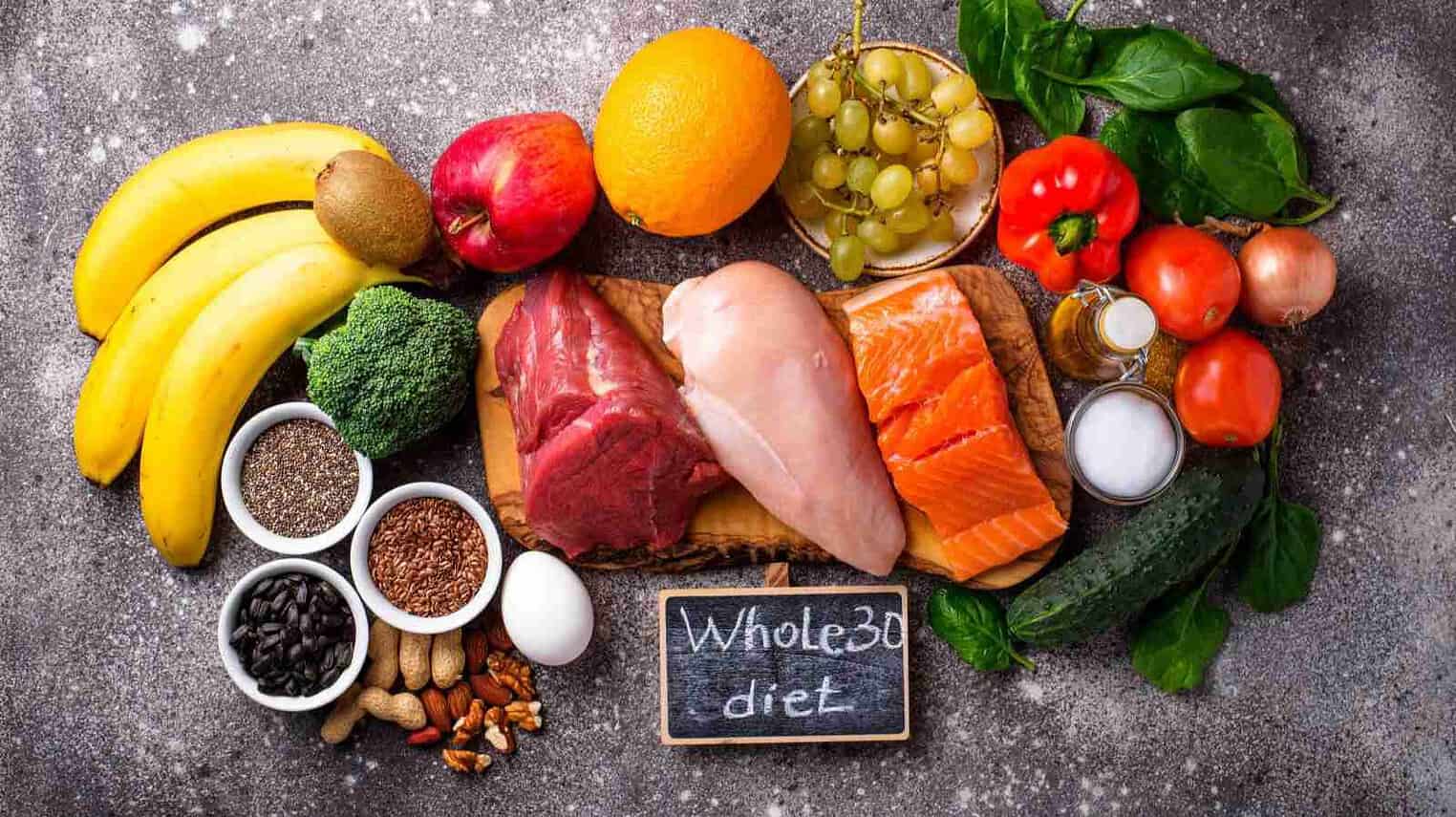
“In all honesty, if someone is trying to improve their health, looking at it like a ‘diet’ or strict regimen is almost always detrimental to their overall health. Few people respond positively to long-term restriction because it often leads to binging, ‘giving up,’ and poor mental health.
But out of all the diets, I would say the Whole 30 is one of the worst – mainly because it is so restrictive that a person following this diet would have a hard time simply living their life. While it’s not meant to be a permanent restriction, diets like Whole 30 that require someone to be extremely restrictive often trigger the start of an eating disorder or cause a relapse for those with a history.
There will always be someone who benefits from a specific diet, but it’s important to weigh the pros and cons. In this case, I believe the cons of the Whole 30 diet outweigh the pros, and there are better ways to improve overall health.”
Courtney Vickery, Dietitian & Certified Intuitive Eating Counselor
Paleo Diet
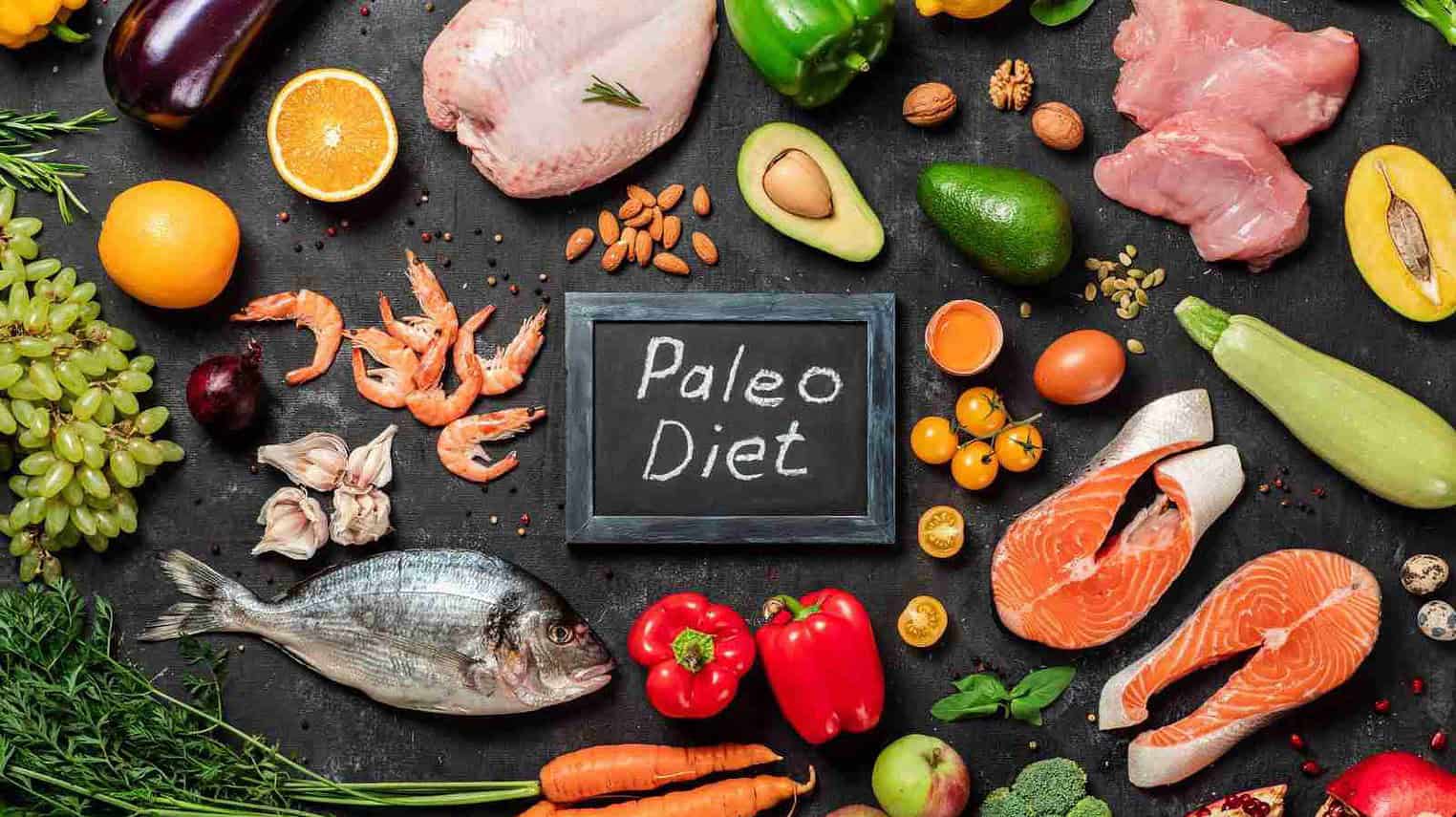
“As a Registered Dietitian, I would never recommend the Paleo Diet to clients. This diet was designed as if that people still live the lifestyle as our prehistoric ancestors – extremely active by constantly hunting, gathering, and running from predators.
Beyond the fact that it puts an emphasis on eating large amounts of animal protein which most often leads to high consumption of saturated fats and cholesterol. Eating a diet in high in saturated fats and cholesterol puts one at risk for heart disease, high blood pressure, and obesity.
The Paleo diet does not allow for grains, legumes, and dairy. Diets that restrict whole food groups like the Paleo Diet may lead to deficiencies in appropriate nutrients including, but not limited to, Calcium, Vitamin D, and Fiber.
Restrictive diets such as the Paleo diet are often not sustainable in the long -term. Over time, restrictive diets may lead to feelings of deprivation and potential binge eating which is counter intuitive to trying to be healthy.”
Michelle Rauch MSc RDN, Registered Dietitian/Nutritionist for The Actors Fund
Carnivore Diet
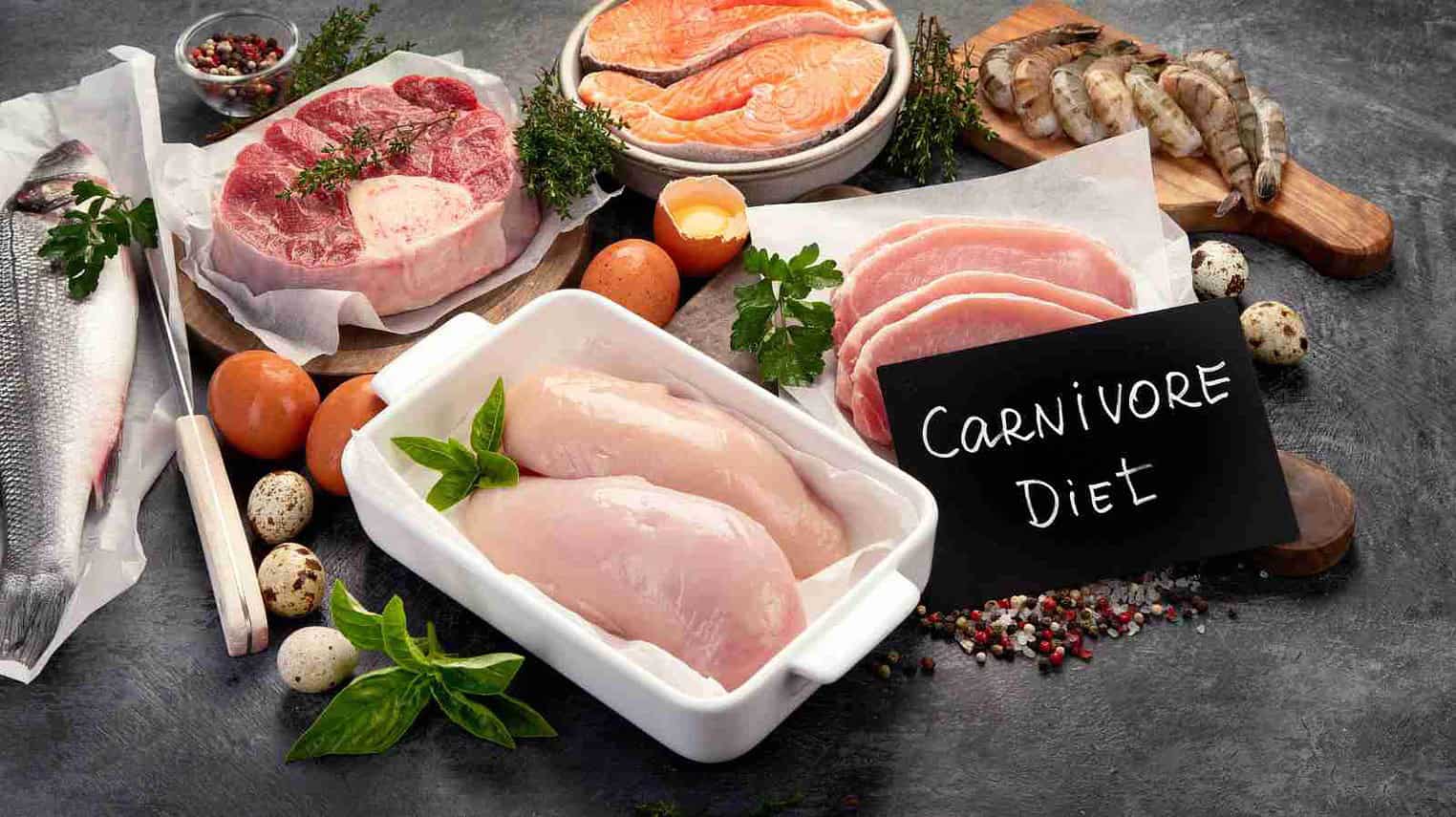
“The worst diet to follow is the trendy carnivore diet. It’s not backed my science and is low in fiber, and many other essential nutrients. There is a risk of consuming too much saturated fat which can contribute to elevated cholesterol and other health issues. Due to the carnivore diet being so restrictive, it’s not sustainable and may lead to a poor relationship with food.”
Umo Callins MS,RD,CSSD Sports Dieitian and Fitness Coach at Well Rooted Health and Nutrition
Blood Type Diet

The blood type diet is not backed by any clinical evidence. Though it may support your basic nutritional needs, there’s no point in adhering to its dietary advice for your blood type. You’ll only add unnecessary time and effort to your meals.
Sarah Garone, NDTR, CNC www.sarahgarone.com
Nutrisystem and Optavia Diet

“I strongly recommend against diet programs like Nutrisystem and Optavia. These services generally provide all of the food you are to eat in a day, save for a recommended “lean and green” meal option that includes 3-4oz lean protein and a serving of non-starchy vegetables.
While programs like these are tempting because they remove the guesswork and need to prepare meals, they are simply not sustainable. These programs might ‘work’ for a time because the diets are very low calorie but they do not teach you how to eat in a healthful, weight loss-supporting way. After stopping the prescribed foods, most people regain the weight they lost plus some.
Although the ‘quick fix’ may seem tempting, you will be better suited to learn healthy eating habits that are enjoyable, sustainable and that you can maintain for the rest of your life.”
Erica Baty MS RDN at Flavorfulife.com
ABC Diet

“The ABC diet is possibly one of the worst diets that someone can go on. The ABC diet (or Ana Boot Camp diet) is a diet trend that promotes rapid weight loss through a severe calorie restriction. While following this diet, people are limited to eating less than 500 calories per day for a 50 day period.
This is an extremely unhealthy and unsafe way to lose weight. By limiting your daily calories so severely, you put yourself at a high risk of developing malnutrition, nutrient deficiencies, and muscle loss. Additionally, many people will suffer from fatigue, brain fog, confusion, and psychological stressors such as poor body image, anxiety, and depression.”
Alyssa Pacheco, RD from the PCOS Nutritionist Alyssa
Juice Cleanse Diet

“I would never recommend a juice cleanse for my clients. A juice cleanse involves consuming only juice for several days as a way to “detox” and lose weight. While this diet is very low in calories and some weight loss may be seen initially, it is also very low in important nutrients such as fat, protein, and fiber and is not a sustainable diet to follow long term.”
Lindsay Cohen RD, LD, CDCES, ABC Nutrition Solutions
Intermittent Fasting

“One of the worst and most popular diets trending right now is intermittent fasting. I would never recommend intermittent fasting to clients because it severs the connection between mind and body, and makes it impossible to honor hunger and fullness cues since there are set rules about meal timing. While there’s ample research showing benefits of intermittent fasting, none of it is conclusive because most of it’s done in rodents and fruit flies, and the human studies that do exist are too short or small, making it unscientific to draw nutrition recommendations from them.
Plus, while it does not show causation, this new preliminary research does show an association between intermittent fasting and higher risk of death by heart disease in the study’s 20,000 participants.”
Caroline Young, MS, RD, RYT, owner of Whole Self Nutrition
Master Cleanse Diet

“Despite its claims, research shows that the Master Cleanse diet won’t help your body clear out toxins. It starves the body of basic nutrition, which can cause issues like muscle and bone loss. Skip this fad diet and get enough energy, protein, and fluids each day to support your liver and kidneys as they detoxify your body naturally.”
Kate Spurgin, RDN, of katespurgin.com
Cabbage Soup Diet

“One of the worst diets I’ve seen in the last few years is the cabbage soup diet. This diet has been discussed extensively on TikTok among other extreme diets or diet trends like Oatzempic.
I would caution people to stay away from the cabbage soup diet and others on TikTok as they are often restrictive, lack various nutrient groups, low in protein, can be harmful for those who have a history of an eating disorder, and can be very low calorie which can be harmful for metabolism. As you can tell, it’s unsustainable and is not a healthy option.”
Nicole Ibarra, RD, LD, Nicoleibarrard.com
Keto Diet
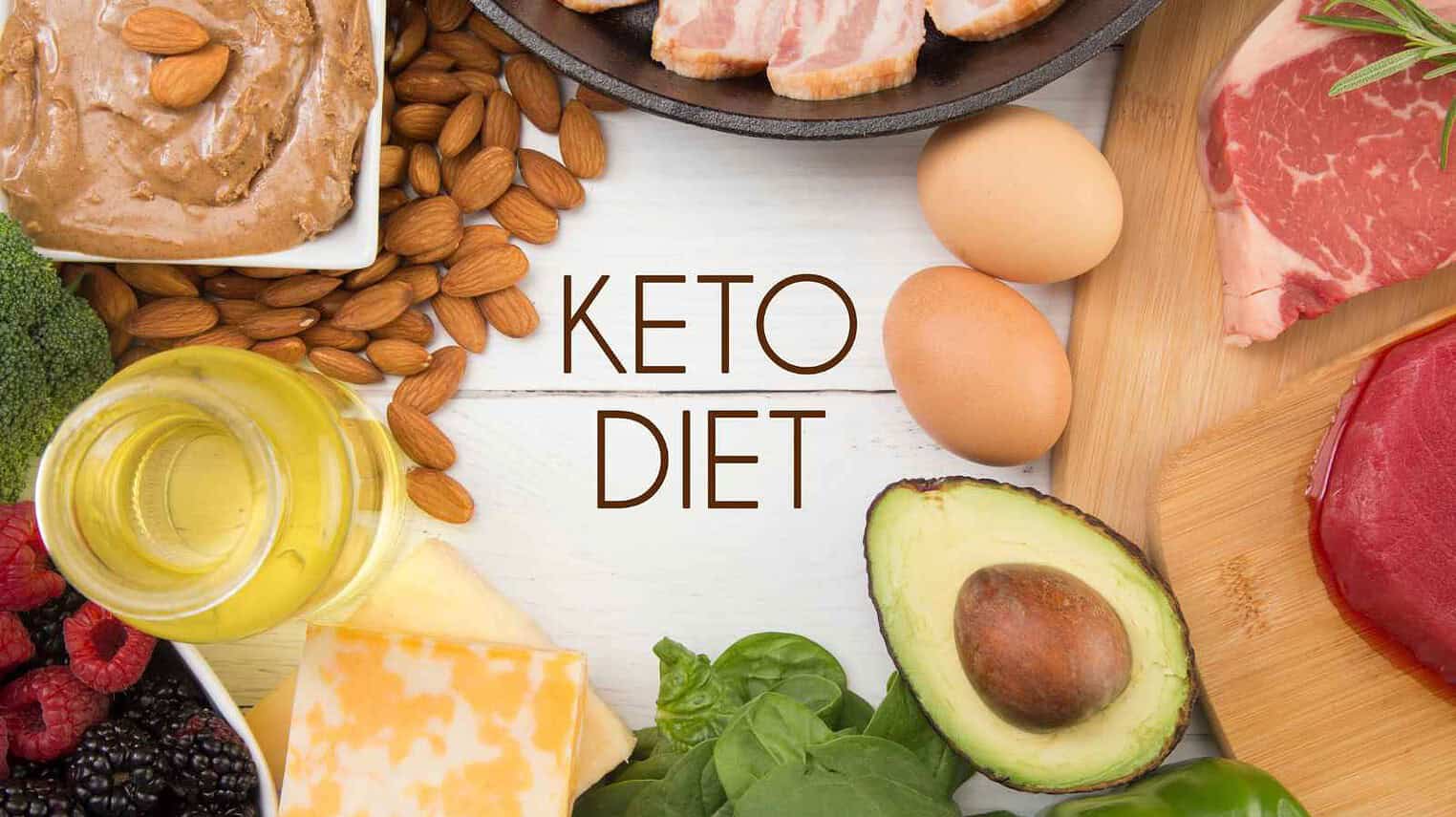
“I advise my clients to steer clear of diets like the keto diet and any others that exclude or severely restrict entire food groups. While these diets may lead to initial weight loss, they often result in a nutritional imbalance over time.
Our bodies rely on a balance of macronutrients – protein, fat, and carbohydrates – for optimal function. When any one of these is restricted, it can lead to deficiencies and ultimately hinder long-term success.
Moreover, these restrictive diets are often unsustainable for most people. Many individuals find themselves missing certain food groups and struggle with maintaining the diet, leading to a cycle of weight fluctuations.”
Maggie Bell, MS, RD, RN of Little Rock, Arkansas. Owner of Maggie Bell: Nutrition and Wellness


